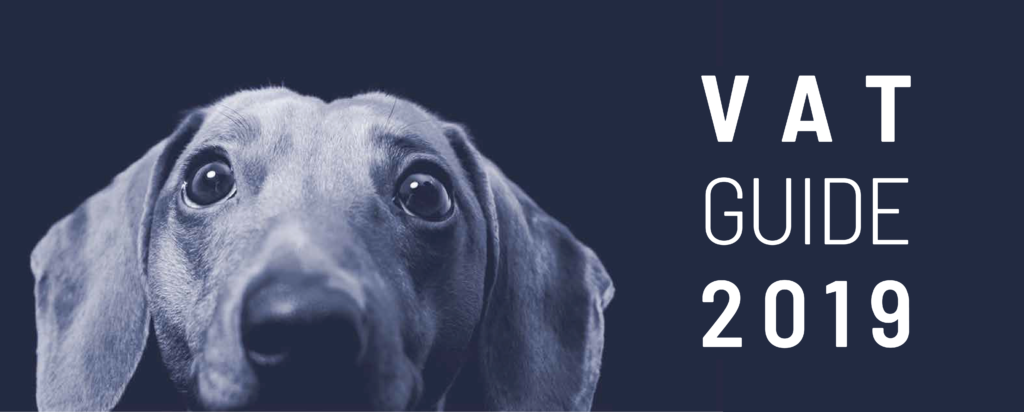
Sanremo, 13th March 2020
MYBA 2020 officially cancelled. Please find below an extract from the Official Communication sent by MYBA Board today and our quick view about chartering on 2020 in the Med.
“ Further to our communiqué dated 5 March regarding the MYBA Charter Show, we would like to inform you that the MYBA Board held a conference call yesterday to further discuss the holding of the MYBA Charter Show in Barcelona in the current environment. The Covid-19 virus situation has evolved rapidly over the last few days and, unfortunately, developments have not been favourable. The Board therefore finds itself in a Force Majeure situation vis-à-vis its contractual obligations and considers it is best not to proceed in these unprecedented circumstances. This is undoubtedly very disappointing news, however, taking into consideration the information that is currently available and the health of our Members and all Show participants being one of MYBA’s key priorities, it is not possible to ensure the Show is organised in the safe and productive environment that we are recognised for by the superyacht industry. The MYBA Charter Show team will be sending further details to those who have already registered and working to minimise any inconvenience caused by this unfortunate development. Thank you for your patience while we were assessing the situation and we look forward to a great Show in 2021. Kind regards MYBA Board “
Well, let’s take the opportunity to make a quick summary and cast some light on what is happening in Europe and around the Mediterranean coasts. We all know that the situation of Coronavirus Disease 2019 (COVID-19) wreaked havoc on our lives. Right after China, Europe faced its first major outbreak as the number of reported cases in Italy grew from fewer to thousands in just few days. Officials locked down all the Italian Regions after a cluster of cases emerged in several towns located at the very North of Italy (nearby Milan). As a result, schools closed and sporting and cultural events were canceled. France did the same after just few weeks and schools and universities were closed on 9th March. Spain will do the same too starting by 16th March.
So all the EU countries are really dealing with this matter with every effort, conscientiously, strategically and supportively. We are confident that we will get through it very soon. In Italy we have this special figure of speech for situations like this “chi ben comincia, è a metà dell’opera” which the English know as “the first blow is half the battle“.
This is to say that the virus is spreading rapidly and the Mediterranean countries will surely get out of this nightmare before any other country around the world where the virus is starting to spread right now or has not started yet. Actually Italy is already half way and even further!
This should be a reason for all the yachting industry to feel encouraged to come to the Mediterranean for the summer season.
We really look forward to seeing our warm seas and cozy ports plenty of yachts during the summer.
We remain at your disposal for any possible clarification and please keep sending your inquiries to info@yachtwelfare.it



